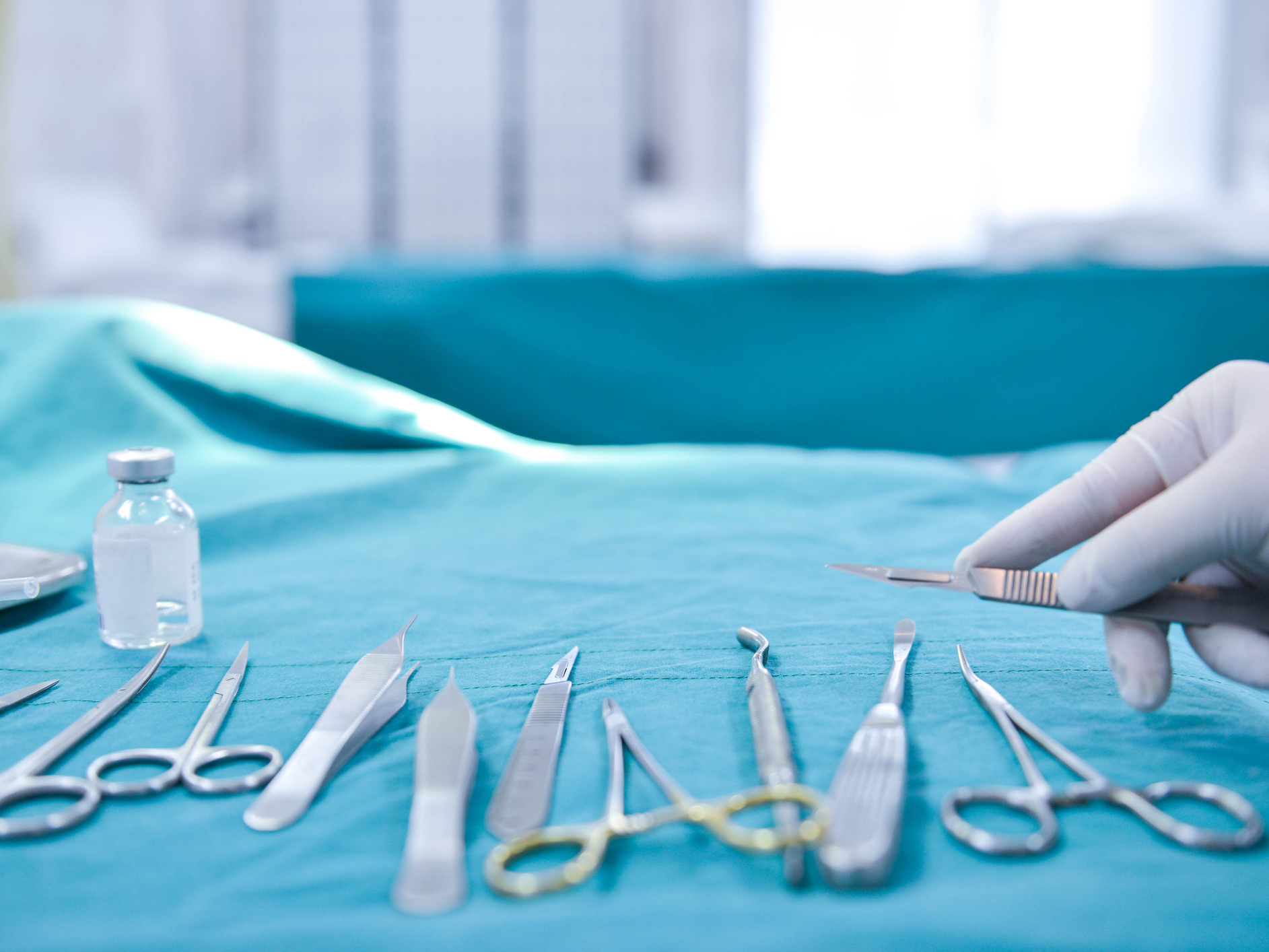Get Easy Health Digest™ in your inbox and don’t miss a thing when you subscribe today. Plus, get the free bonus report, Mother Nature’s Tips, Tricks and Remedies for Cholesterol, Blood Pressure & Blood Sugar as my way of saying welcome to the community!
The surgery that raises autoimmune disease risk by nearly 50%

It’s easy to turn your nose up at plastic surgery when you’re young and at your physical peak. But as you get older, a little surgical help starts to get more tempting…
Maybe you want to keep those emerging wrinkles at bay. Or maybe you finally have the money to do something about a physical trait that’s always bothered you. And going under the knife seems worth considering.
But before you make any serious decisions, here’s something you need to know…
There’s one cosmetic procedure that causes a sky-high risk of autoimmune disorders in women — breast augmentation (aka breast implants).
It turns out, women who have surgery to get bigger breasts are developing dangerous autoimmune disorders like nobody’s business…
Breast implants trigger autoimmunity
Researchers from the University of Alberta recently found that one in four women who get breast implants develop autoimmune disorders.
In the study, researchers compared roughly 25,000 Israeli women with breast implants to about 100,000 women without breast implants. They found that women with implants had a 45 percent higher risk of developing an autoimmune disease than women without.
Women with silicone breast implants were most at risk. They had a much higher risk of developing Sjögren’s syndrome (an autoimmune disorder that attacks the salivary and tear glands), systemic sclerosis (an autoimmune disorder that attacks connective tissue, including skin, arteries and organs such as lungs and kidneys) and sarcoidosis (an autoimmune disorder that attacks lungs, skin and lymph nodes).
But why do breast implants trigger an autoimmune reaction?
To understand that, there’s another fact to consider. Previous research shows that mesh inserts used to treat hernias and gynecological issues increase the risk of autoimmune disorders too. So, here’s what our bodies are trying to tell us…
Implanting foreign objects inside of them is risky at best.
Researchers suspect that the foreign object ignites the immune system. The immune system fights the foreign object until it’s exhausted. Eventually, the immune system gets burnt out and goes haywire.
Give surgeries a second thought
Does this mean these types of surgeries are off the table if you want to stay autoimmune disease-free?
That depends how safe you want to play it. Researchers say that, at the very least, women considering breast implants should be screened for certain risk factors like:
- Already having an autoimmune disease
- Allergies
- A genetic predisposition for autoimmune diseases
Any surgery that involves mesh inserts deserves a second thought too. People who get these inserts increase their risk of autoimmune disorders like lupus and rheumatoid arthritis by 45 percent. Many also end up with internal injuries, chronic urinary tract infections, and ongoing pain, among other problems. That’s why these inserts are banned in placed like Australia, Ireland, Scotland and the UK.
Read: The top 5 risks of cosmetic surgery: Is it worth it?
In the end, it’s always safer to avoid going under the knife unless you have to. Surgery is hard on the body, and you should never go into it lightly. There are almost always alternatives for feeling and looking better that don’t require time in the O.R. or put your health on the line.
Sources:
- Silicone breast implant patients face greatly increased risk of autoimmune disease — MedicalXpress
- Silicone breast implants and the risk of autoimmune/rheumatic disorders: a real-world analysis — International Journal of Epidemiology
- Australia and Britain have stopped vaginal mesh implants — California should, too — San Francisco Chronicle













